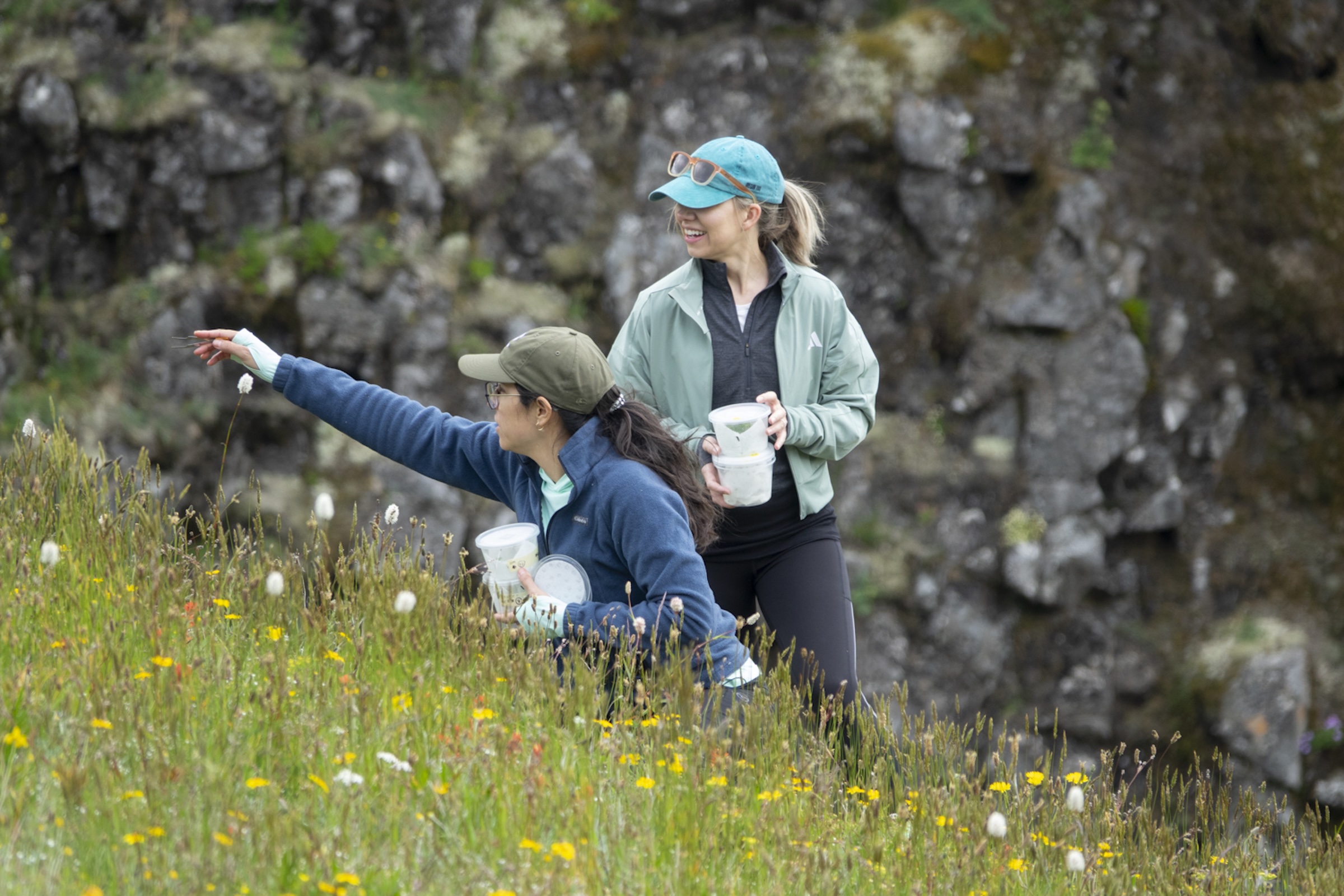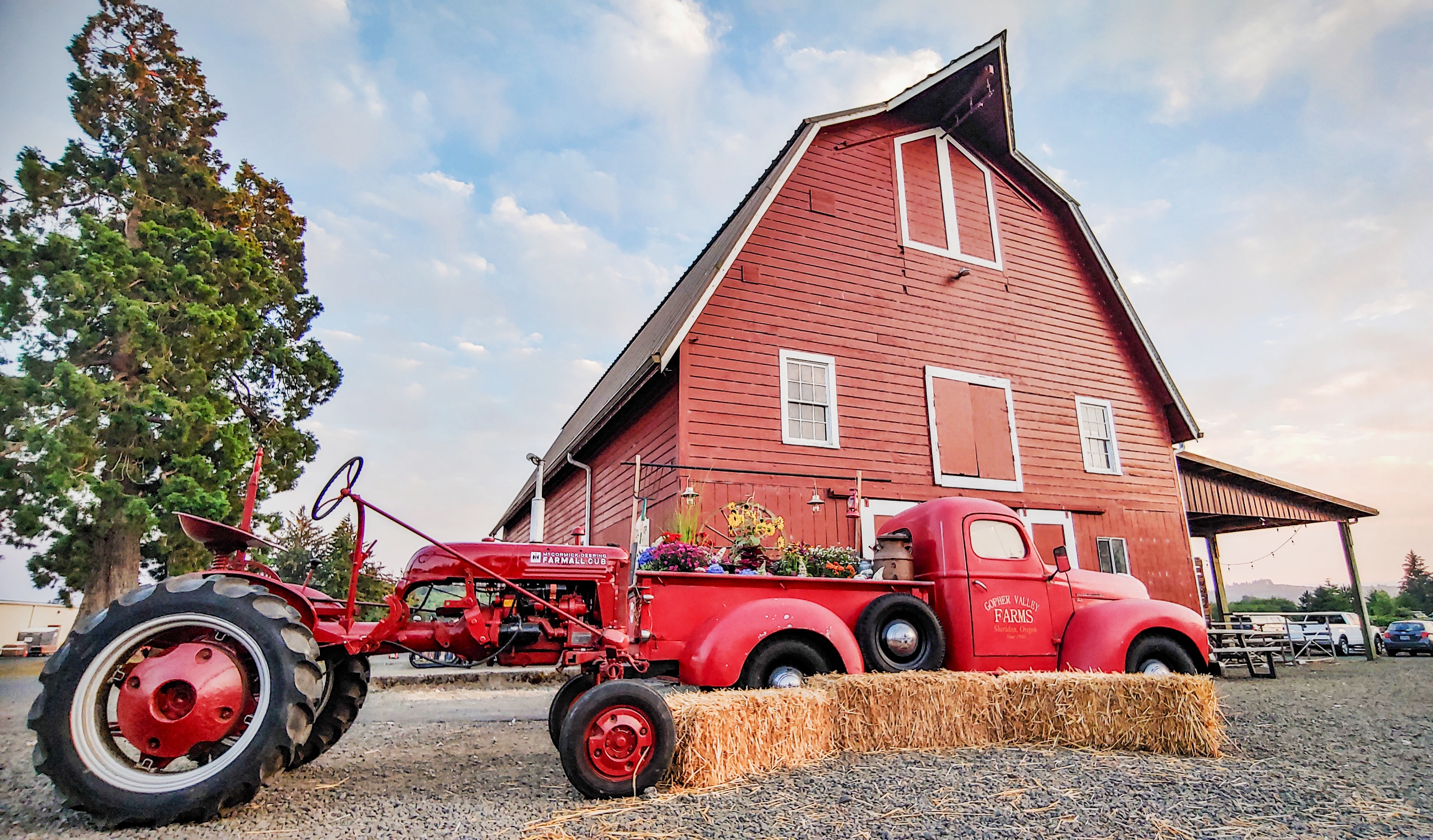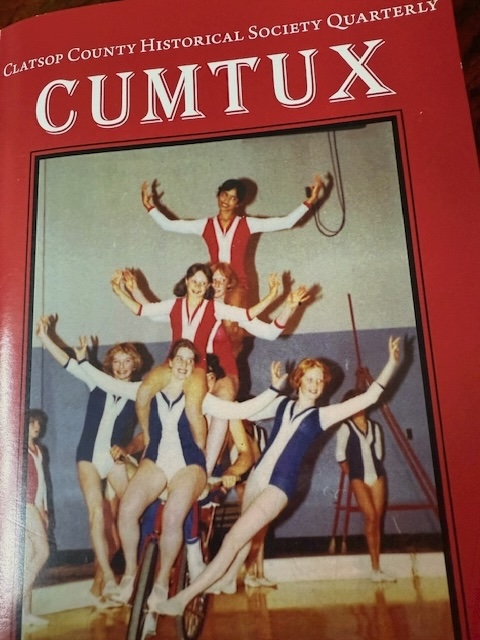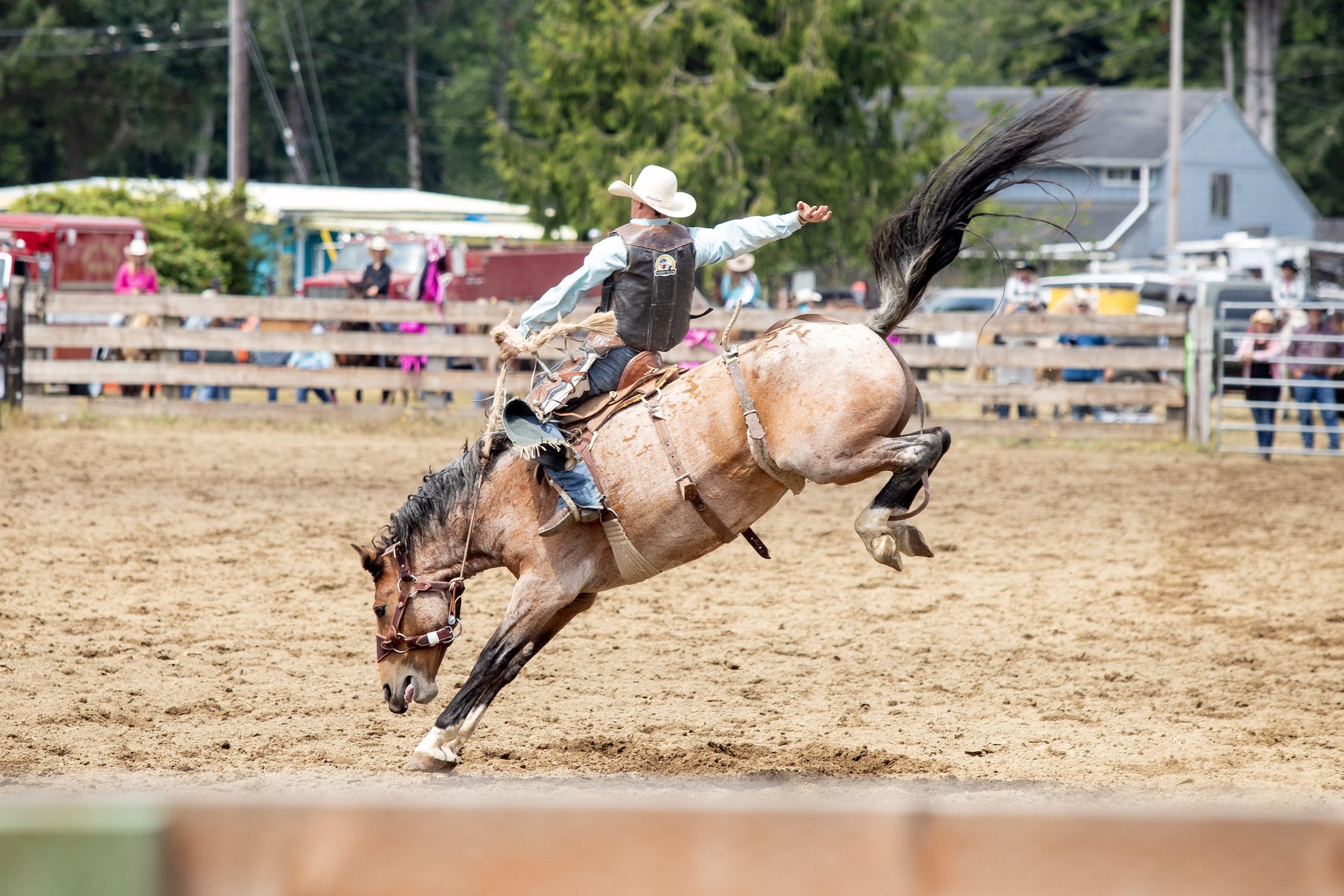Astoria poetry contest winners to read at Liberty Theatre
Published 9:00 am Wednesday, November 3, 2021
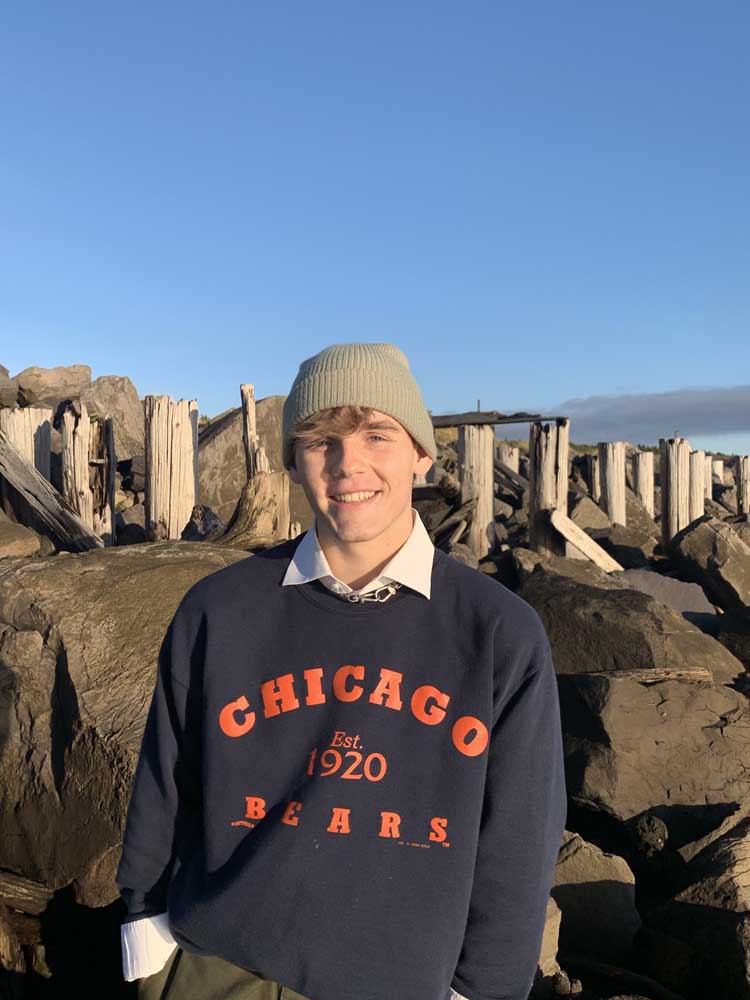
- Rocky Rub is the winner of the high school Writer’s Guild of Astoria poetry contest.
Friday will be a big night at the Liberty Theatre for poets Elisa Carlsen, Emily Ransdell and Rocky Rub, as they share the stage with Pulitzer Prize winner Jericho Brown.
Trending
The three were winners of The Writer’s Guild of Astoria poetry contest, writing on the theme of “Tradition,” inspired by Brown’s poetry collection of the same name. Contestants submitted their poems in separate categories that included college, community and high school.
Friday at 7 p.m.
Liberty Theatre
1203 Commercial St. in Astoria
Trending
Doors open at 6 p.m. with a wine and cheese reception.
Brown will sign books after the event.
Tickets range from $10 to $65.
Proof of vaccination or negative COVID-19 test required.
libertyastoria.org/
“It was such an interesting challenge,” said Carlsen, winner in the college category, who wrote “Trailers” describing her north Nevada homeland. “How do we get used to feeling pain? How to accept it?
“I wrote about those painful feelings as a queer kid in cowboy country,” Carlsen said. “How you get stuck in a place. I’ve made my own way for more than 15 years in the Northwest, but I’ve been shaped by how I grew up. Every time I visit home I swear I’m never coming back, yet all that sun and blue sky, the vast expanse, the amazing quiet. It’s bittersweet. Beautiful. Heartbreaking. The Northwest is soft and comforting, but no matter how much you love someplace else, home always calls you home.”
Ransdell, whose poetry has been featured in the “American Life in Poetry” web series and is the coordinator of the Manzanita PoetryFest, said it was difficult to figure out what to write that would fit the tradition theme.
“I’m an older white woman,” she explained. “What do I have in common with Jericho Brown’s perceptions and background? But as I read his work, he’s so rooted in his own origins. He knows where he comes from. I like poetry when it’s talking about real experience. His poems are so personal, I started thinking about that. My poems are rooted in my own Midwestern past.”
Ransdell said her poem, “By Way of Introduction” sprung from an exercise during a Manzanita Writers’ Series workshop with poet Wendy Willis.
Rub, the high school winner, isn’t who some people would expect. He spends most of his time on the football field, playing as as quarterback for Astoria High School.
“I’ve always been kind of writing poetry, I just didn’t know it,” said Rub. “Even when I was little I had this notebook and I’d write down things that would pop into my head. Nothing deepor even sentences. It wasn’t until last year’s poetry unit in (literature class) that my teacher encouraged me to keep writing poems and I thought, ‘Oh, this is poetry.’
“I don’t know why, but I always had this image of poetry being old fashioned — French men in dim cafes with cigarettes and weird hats,” Rub said. “I didn’t know how modern and universal poetry could be. Once I understood that, I started writing with intent.”
When asked about his poem, “tradition, curses,” that has some very dark notes, Rub admits, “Yeah. I read it to my parents and they were, ‘Are you OK? Are you good?’ I was. I am, I feel like definitely I’m OK. The biggest thing is, writing poetry helps me open up. It brings up these feelings and then it’s letting them go. It’s a kind of therapy.
“What’s critical to this poem is the jump from idea to idea,” added Rub. “I really wanted people to fill in the pieces and make their own sense of it. I like that. That sometimes the thoughts aren’t exactly connected. I’ll continue writing poetry and I hope I will never stop.”
The three are eagerly anticipating Friday and the opportunity to meet Brown and to read their poems on stage.
“I don’t know how to feel,” Carlsen said. “I don’t usually win anything. It’s shocking, I honestly can’t believe it. It might be the coolest thing that may happen. Just to talk to him (Brown). He’s such a beautiful person.”
“I just can’t believe it,” said Ransdell. “I’m so thrilled. I can’t think about being in the same room with him.”
Rub’s participation, however, may be up in air. He may have to pre-record his reading and appear by video. The event could conflict with a football game, so he’s got a pretty big dilemma. “I’m not sure how that’s going to work out,” Rub said.
seasonal changes mark a timeless tradition,
mimicking patterns of the sun and moon,
retrospection, juncture,
reliving a timeless tale.
annually depleting the color of my skin,
veins that begin to look like tattoos,
or even marks from a highlighter to highlight the lack of energy I somehow run on,
my mind and body now an avalanche, instinctively fizzling out greatly, dramatically.
until there’s nothing.
this, the first tradition I’ve made for myself.
such as the leaves of trees diminish and grow,
my personal meets these demands.
almost like an offering to the universe.
paying my respects to mother nature may mean giving up the strength I start to build in May.
letting the guard down that once honorably protected my castle from depression.
seasonal depression
SAD
it’s funny when traditions look nothing like when you were a kid.
it’s funny when traditions no longer invoke the excitement of seeing grandma at Christmas,
it’s funny when traditions become dreading seeing grandma at Christmas,
it’s funny when traditions become curses.
how silly it is to curse yourself.
creating your own traditions
creating your own curses
how the word “fuck” is supposed to be a “curse” word but when i yell “fuck” all i can think is thank god curse words exist.
I guess that’s what this all is,
words,
mummified words meant to be heard forever,
immortal words.
how petrified wood tells a story,
valuable to the looker,
similar would be my body mummified,
wrapped with the words left unsaid and the words said to kill me.
I have the same name as my father,
and two generations of fathers before him,
tradition is kept with my namesake,
to live is to carry an antique, to die is to break it.
fantasizing of splendor in the great beyond,
a ticking time bomb, unknown is my demise,
but for the sake of tradition,
I beg to live.
My mother calls me Petunia
though hers never bloom.
I am part empty flower pot, part lead paint.
She is thumbed-through,
a magazine of do-it-yourself projects
left unfinished, a cotton housedress worn unhemmed.
She drinks Jack Daniels from a juice glass,
ashtray on her knees, lawnchair under
backyard peach trees in the swelter of summer nights.
That’s where she was when her water broke.
Four weeks early, drunken bees careening,
all the peaches left unpicked.
I shoulda named you Alberta, she says.
All my life I’ve had to hear that.
Sometimes she calls me sweetie pie. Says you can tell
a lot about a person by the kind
of pie they like. Take you, she said
one night, a little juiced.
You’re the blackberry type.
Your perfume alone is praise.
You’re what I’d say
if I prayed.
Trailers
walk to the back door
aluminum, powder coated, hollow
open it and look outside – down
to the leftovers, corrugated fields, and fixers
up to the stars above velveteen range
and colors that call you home,
and hold you to this basin,
like you never had a chance.
I swear, every time I leave will be the last.
I get as far as the rain sometimes.


